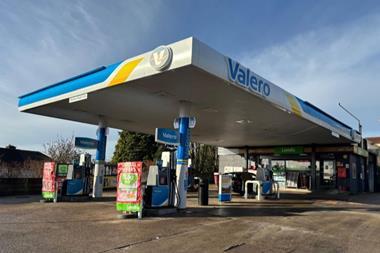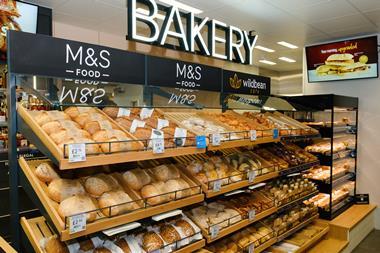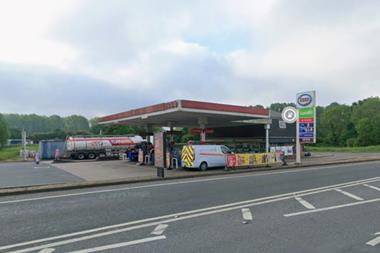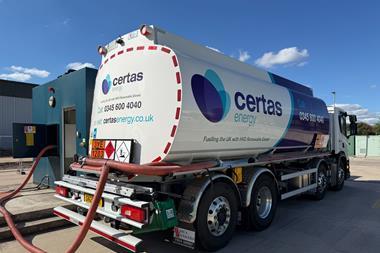A safety passport scheme that has reduced serious and fatal accidents on petrol station forecourts for the last ten years has been refreshed and relaunched.
The Petrol Retail National Safety Group, a collaboration between major oil companies and Safety Passport Alliance (SPA), has revamped the training programme to take into account changes in the industry and recent legislation.
The safety passport courses were developed by the industry to provide best practice across the sector and today there are almost 14,000 petrol retail passports (similar to a driving licence, complete with a tamper-proof photograph) currently in use.
The specific training focuses on such practical issues as identifying potential hazards, safe working practices and controlling work in a petrol retail environment.
Ray Gibbs, managing director of SPA, said the passports were issued for three years and proved the bearer was aware of the basic principles of health and safety in the petrol retail environment.
The training programme is designed to follow ‘A Safe Day in Your Life in the Petrol Industry’, detailing a typical contractor’s working day. For example, on arrival, taking five minutes to look around and assess potential hazards; consider the activity to be undertaken; look at the forecourt layout; identify potential hazards prior to the job commencing; imagine worse case scenarios.

































No comments yet